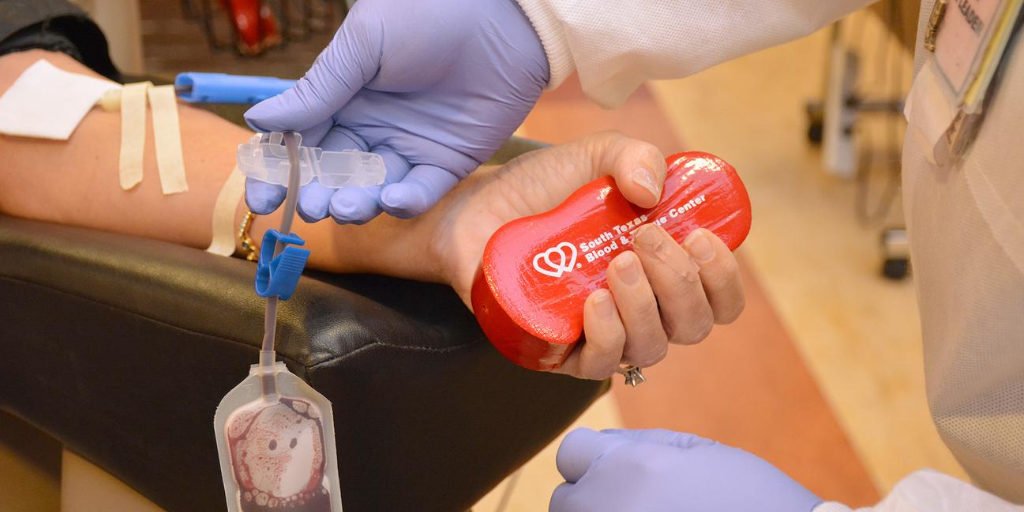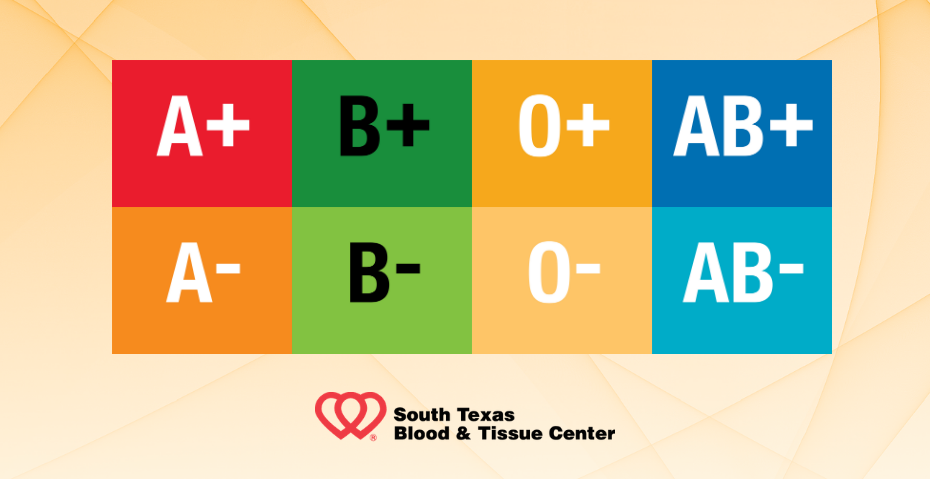It’s up to platelet donors like you to give platelets for use in emergencies, surgeries or even to fight cancer.
Who Needs Platelets?
Platelets are cells that help stop bleeding. Because most platelets have a shelf life of 5 days, they are constantly needed.
People with blood types of A+, A-, B+, AB+ & AB- are most commonly needed as platelet donors.
Cancer patients require frequent platelets transfusions after chemotherapy, as well as patients who have traumatic injuries.
People with blood types of A+, A-, B+, AB+ & AB- are most commonly needed as platelet donors.
You can give platelets at all our donor rooms. The donation takes between 90-120 minutes and you can donate every 7 days.
Ready to Donate?
Hundreds of platelets donations are used every day for patients in South Texas. Yet less than 5% of people donate.
It takes platelets donors like you to make a difference and save lives.
Visit SouthTexasBlood.org or call 210-731-5590 to schedule your platelets donation today.
Donation FAQs
Why should I donate platelets?
STBTC needs to collect an adequate platelet supply for more than 100 hospitals in 40 South Texas counties. We depend on volunteer donors to make this happen. Also, platelets are perishable and there is no substitute.
You may donate at any of our seven neighborhood donor rooms. See above for locations.
Platelet donors must wait 1 week in between donations.
How do I benefit from making a donation?
You receive a mini-physical (pulse, temperature and iron check), earn donor points and redeem them for a FREE gift card of your choice on our rewards store and the satisfaction that comes from saving lives.
Are the health history questions necessary every time?
The FDA requires that all blood centers ask about your medical history every time you donate to ensure the safety of the blood supply. You have to wait a certain amount of time between donations. A lot can happen in that time. The questions serve as a layer of protection for patients who receive blood.
How long does donated platelets last?
Platelets can be stored for only five days.
Plateles are used for many different patients including: cancer patients, open-heart surgery patients, diabetics, recipients of organ or tissue transplants, trauma victims and more.
After resting for five to ten minutes and enjoying refreshments to replenish your fluids, you should feel just fine and ready to continue your daily activities. You should refrain from heavy lifting or extreme physical exertion for 24 hours and you’ll feel great knowing you have helped save three lives.
Yes. All supplies used to collect them are new, completely sterile and used only once. There is no risk of disease transmission to a donor.
Comfort levels vary from person to person but most first-time donors wonder why they waited so long! You will feel a slight pinch and it’s all over before you know it!
The qualifications to be a platelet donor are simple. You must be in good general health, at least 17 years of age (or 16 with parental consent form) and weigh at least 110 lbs (or 120 lbs if 16 years old).

